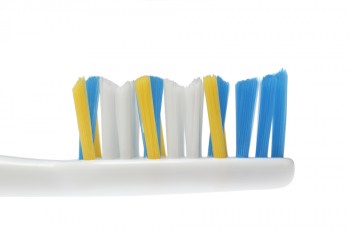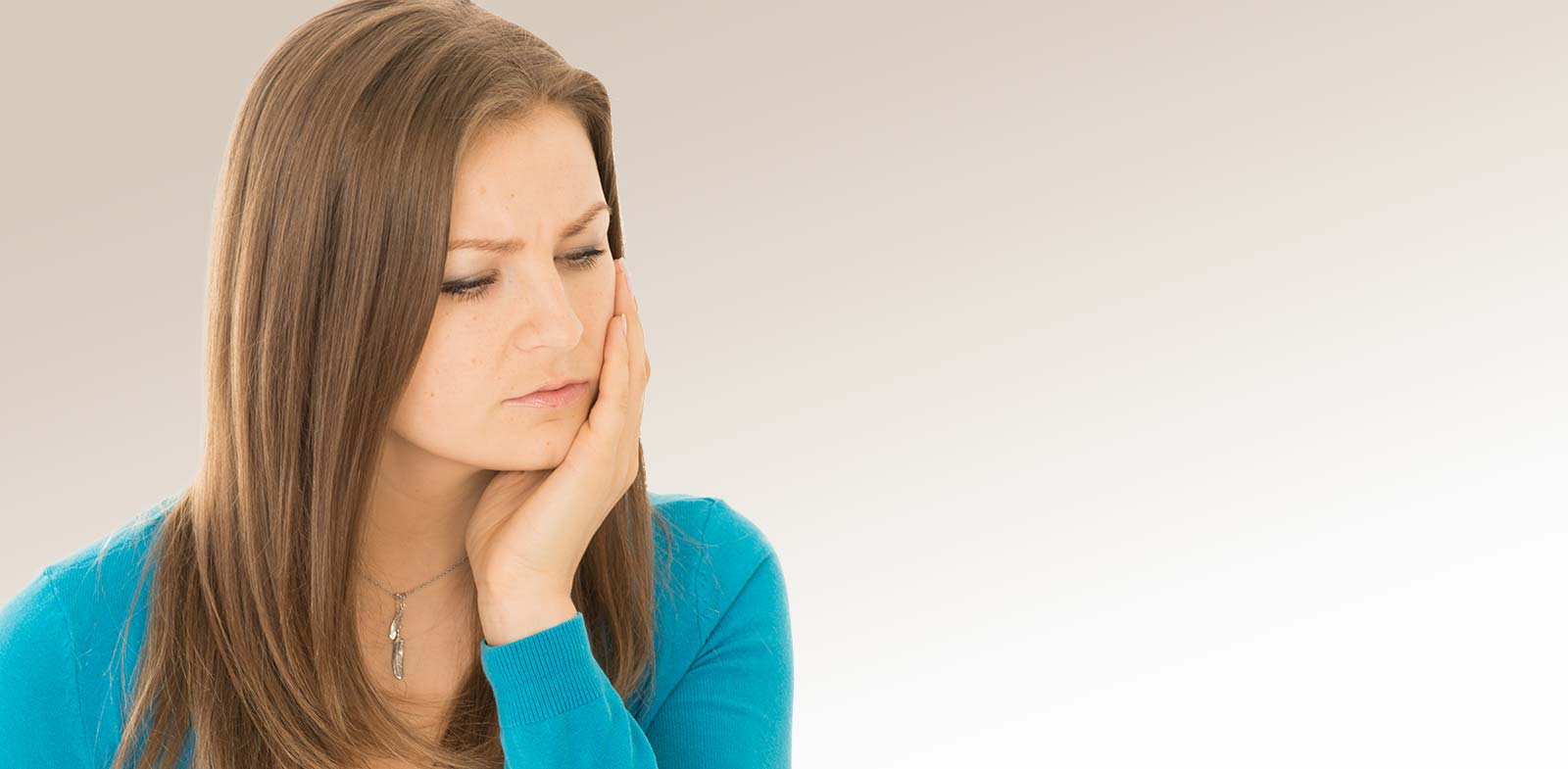Check-up and Cleaning

Proper dental hygiene and oral hygiene can do more than just help you maintain a beautiful smile. When you follow some simple, proper dental hygiene and oral hygiene suggestions, you’ll be maintaining dental health and preventing gum or periodontal disease as well. In Roseville, most people know just how important dental hygiene is, and they take the following steps to prevent it.
1. Brush Your Teeth Two to Three Times A Day
Brush your teeth two to three times each day. Never brush more than three time a day, as you might cause damage to your gums. Recommended brushing times are after eating breakfast, after lunch (keep a toothbrush in your bag or desk at work) and once before you turn in for the night.
Brush your teeth lightly as brushing hard could hurt your gums, causing them to recede. Brush your teeth for two minutes or more to make sure your teeth are clean, and always use a toothbrush that is approved by the American Dental Association.
It’s also important to brush your tongue. Bacteria not only love teeth, they also are very attracted to tongues. Tongues have many grooves and ridges that are moist and warm and a breeding heaven for bacteria. Bacteria buildup presents as it decays as a filmy and white crust-like coating over your tongue. The bacteria on your tongue can lead to serious infections or simple conditions like halitosis (bad breath). There are specially designed toothbrushes available that offer a tool to clean the surface of your tongue.
2. Floss Every Day
Flossing helps to eliminate plaque that can build up under your gum line and between your teeth. If you don’t floss, tartar will form, which can only be removed by a professional teeth cleaning. For proper oral care, flossing should be done twice or three times daily after you’ve thoroughly brushed your teeth. While brushing removes plaque from the tooth surfaces, flossing eliminates the debris in between the teeth.
3. Use an Antiseptic Mouthwash
Rinsing with an antiseptic mouthwash helps keeps germs like viruses, fungi and bacteria away from your gums and teeth. It also helps in reducing bad breath and plaque formation on the surfaces of your teeth. In addition, antiseptic mouthwash covers areas in your mouth that brushing and flossing can’t reach. Also, rinsing obviously helps keep your breath fresh and sweet.
3. Keep Your Diet Healthy
When you stick to healthy foods low in starch and sugar, not only are you helping your body stay fit, but you’re helping your teeth stay healthy at the same time. Avoid sticky, overly sweet snacks that can causes plaque acids to destroy the enamel on your teeth. When you follow a diet that is well-balanced, you are providing your gums and teeth with good nutrients including vitamins and minerals. Drinking water frequently is also a good idea, as it often contains fluoride, a proven tool to fight tooth decay. If you don’t know if your water supply has added fluoride, check with your local water supply agency.
Professional Cleaning
Good dental hygiene and oral hygiene begins at home, but routine examinations by your Roseville dentist will help detect and fix problems before they cause pain and discomfort. As recommended by The Academy of General Dentistry, you should visit your Roseville dentist twice a year for an overall checkup. Since age plays a role in your oral care, your dentist may ask that you schedule more than two checkup appointments, depending on the condition of your gums and teeth.
The Benefits of Good Dental Hygiene and Oral Hygiene
When you take care of your teeth, tongue and gums, the results are many and include:
- Better health
- Less plaque buildup
- Minimized tooth decay and/or gum disease
- Fewer dental procedures like root canals, fillings, extractions, etc.
- Fresher breath
- Pleasing smile
- A more confident you
What Poor Dental Hygiene and Oral Hygiene Can Lead To:
- Plaque buildup around your gum line and bases of your teeth, which causes gums to become inflamed
- Tooth decay and gum disease caused by plaque
- Empty spaces around the teeth, leading to bone and tissue destruction and possible loss of teeth
- Increased risk of developing serious diseases, if plaque travels from mouth to lungs causing respiratory disease
- Risk of delivering low birth weight infants, who may be at risk for developmental complications and other abnormalities
- Bad breath
Small Children and Infant Dental Hygiene and Oral Hygiene
According to The American Academy of Pediatrics, children should visit a Roseville dentist specializing in pediatric dentistry at approximately three years of age. To ensure healthy teeth and proper oral and dental hygiene in infants and children, parents should know the risk factors that can include:
- Sleeping with a “sippy” cup or bottle
- Sucking thumb
- Teeth Stain
- Down Syndrome
If you are diligent about your dental and oral hygiene, there is no reason why you can’t have and maintain healthy teeth and gums. By developing a daily routine of brushing, flossing and rinsing and visiting your Roseville dentist at least twice a year for checkups, dental and oral problems can be stopped before they become major conditions that could be painful, worrisome and expensive to treat. Keep your smile and your confidence by following the advice of your Roseville dentist on dental hygiene.


